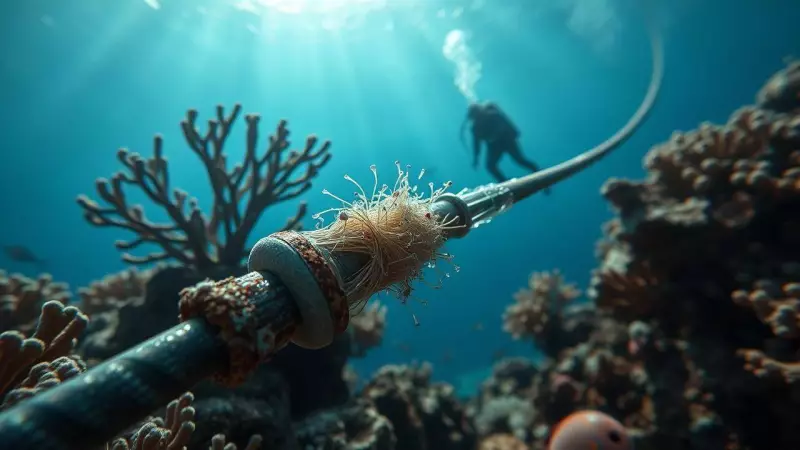
Tech Giants' Ambitious Internet Projects Hit Roadblocks in Conflict Zone
Two of the world's largest technology companies, Google and Meta Platforms, are experiencing significant delays in deploying crucial subsea internet cables through the Red Sea region. According to recent reports, heightened political tensions and security threats have transformed this historically vital maritime route into a dangerous zone for commercial vessel operations.
The delays impact critical global infrastructure designed to supply high-speed internet connectivity to Africa and Asia, potentially throttling digital access and growth in these rapidly developing regions. The situation highlights how geopolitical conflicts can directly affect global internet infrastructure and digital accessibility.
Major Cable Projects Facing Setbacks
Meta Platforms' ambitious 2Africa cable system, an extensive 45,000-kilometre project announced in 2020, remains incomplete in its southern Red Sea segment five years after its initial planning. This massive undertaking was designed to loop around the entire African continent, dramatically improving internet connectivity across the region.
A Meta spokesperson leading the consortium developing the cable attributed the stalled progress to "a range of operational factors, regulatory concerns, and geopolitical risk." The company emphasized its diversified approach to managing such risks, noting involvement in approximately 24 global connectivity projects to ensure redundancy and reliability.
Similarly, Google's Blue-Raman cable project, backed by the search giant, has also encountered delays in the same region. A Google spokesperson confirmed the setbacks without providing specific details about the nature or expected duration of the delays.
Why the Red Sea Route Matters
The Red Sea has historically served as the most direct and cost-effective pathway for fiber-optic internet cables that form the backbone of global digital communications. These subsea arteries carry over 95% of global internet traffic, making their protection and maintenance crucial for worldwide connectivity.
The primary security threat complicating cable deployment comes from repeated missile attacks by Houthi forces over the past two years. These attacks have not only forced commercial cargo ships to take lengthy detours but have also severely disrupted the specialized work of vessels required to lay and repair the vital subsea cables.
The escalating security situation has transformed what was once considered a reliable maritime route into a high-risk zone, forcing technology and telecom companies to reconsider their infrastructure deployment strategies.
Seeking Alternative Routes and Solutions
In response to the mounting security concerns, telecom and technology companies are actively exploring alternative overland routes through countries including Bahrain and Saudi Arabia to completely bypass the Red Sea corridor. These alternative paths, previously considered too costly and indirect, are now becoming increasingly viable options.
The shift toward land-based alternatives represents a significant strategic change in global internet infrastructure planning. While more expensive and logistically challenging, these routes offer greater security and reliability in the face of persistent regional conflicts.
The ongoing situation underscores the fragile nature of global internet infrastructure and how geopolitical tensions can directly impact digital connectivity worldwide, particularly in developing regions that depend on these new cables for improved internet access and economic growth.






